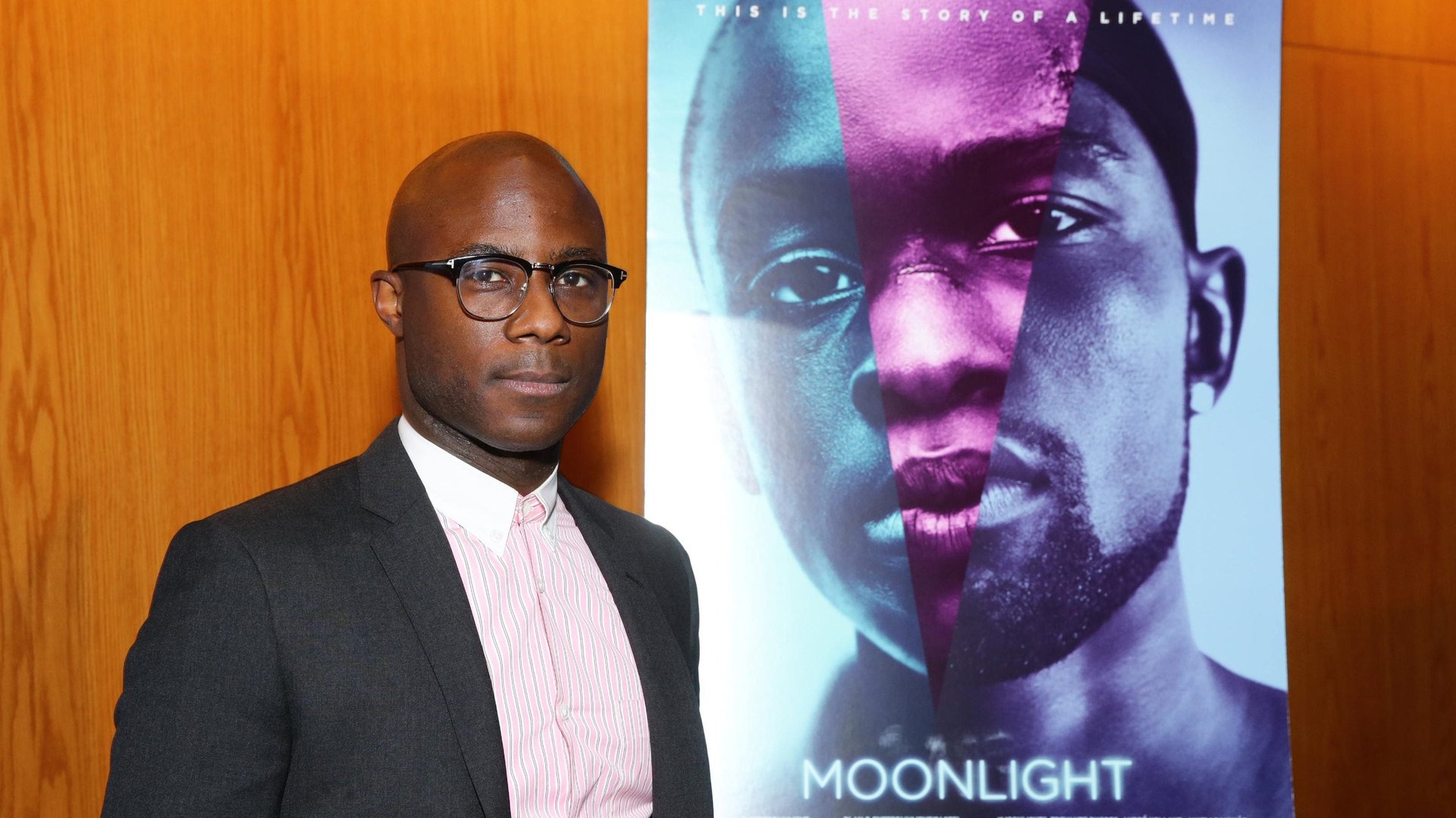The people behind “Moonlight” are making indie films that tap into the zeitgeist—and turn a profit
In August 2015, the indie film studio A24 launched a Twitter account for a goat, using a few choice words.


In August 2015, the indie film studio A24 launched a Twitter account for a goat, using a few choice words.
The cryptic account, which Vulture investigated, was for a small but integral character in the horror flick The Witch—the studio’s first widely released film. The account garnered a few dozen followers (it now has more 10,000) with, frankly, terrible jokes and bad internet speak (“How good is goat cheese? sort spensy but I get it for free cuz I’m a goat LOLZ.”) And it cost-effectively tapped into a growing trend on the web that brought the movie to an audience that already had a cultural affinity for it.
Goats, evidently, were big in 2015.
“A lot of the money issues in Hollywood have to do with trying to manufacture something cultural,” David Fenkel, who co-founded the New York-based film company with Daniel Katz, told the Wall Street Journal (paywall). “Buying billboards and big TV spots and forcing a movie down people’s throats… If we build a campaign around a cool interactive goat who creeps you out on his own website and on Twitter, saying crazy things that go viral, it becomes cultural organically.”
That’s the blueprint A24 follows for its releases—including the moving meditation on masculinity, sexuality, and African-American life that is Moonlight, directed by Barry Jenkins. It was the first to be financed by A24, which packages and distributes movies, and Jenkins’s title was promoted with stunning and evocative artwork that matched the beauty and tone of the film.
Moonlight just scored eight nominations for the 2017 Academy Awards, including best picture.
A24’s method of packaging films is one of the key differences between how the hipster, indie-film company does business compared to most Hollywood studios. For example, A24 is distributing actor Jonah Hill’s directorial debut, Mid-’90s, and before he event started shooting, he was reportedly invited to the company’s offices to talk its entire 50-person staff through the movie.
“Now everyone who’ll be putting out trailers, doing the artwork—doing everything—is deeply familiar with the emotions and ideas going into it, before it’s even been made,” Hill told the Journal.
At a time when movie studios are outspending each other to the top, A24’s unconventional methods have helped it capitalize on “cool,” quirky mid-budget films that hit on cultural touchstones, such as the hazy, genre-less Spring Breakers and Room, a thriller starring Brie Larson, who won an Oscar for that role last year.
Many of these movies are also profitable—proving the use case for this type of business model. Moonlight reportedly cost a modest $5 million to make—nothing compared to other best picture contenders like Arrival, which reportedly had a production budget of $47 million—and has so far grossed more than $16 million at the US box office, according to Box Office Mojo.
Spring Breakers grossed $32 million worldwide on a $5 million production budget. And The Witch, acquired for roughly $1 million, grossed $40 million globally.